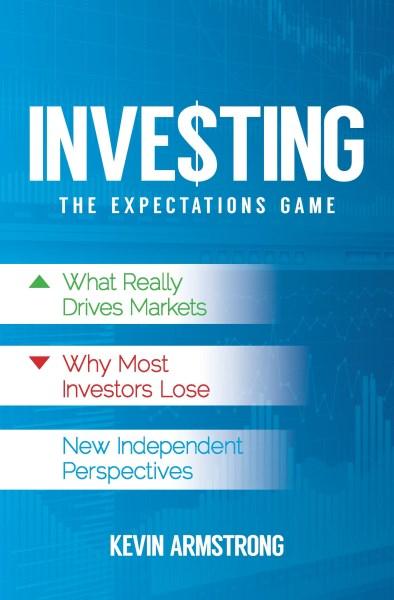Six months ago, in the May edition of The Cut, this column discussed the dramatic change that had occurred over the previous eight months in the world’s investment markets and raised the possibility that these profound changes may provide some insights as to what was then still the much awaited biennial challenge between the US and Europe in the Ryder Cup. That column concluded;
“This marked change in markets has had a profound effect on the relative performance of Europe versus the US. Having steadily beaten the US market since the 2006 Ryder Cup things changed in October last year and now almost all of Europe’s relative outperformance has been lost as it has fallen far faster than the US, even when adjusted for currency movements.”
“Investors must recognise that the world has now dramatically changed and that previously outperforming riskier investments may continue to struggle. This also means that the tide has turned in favour of the US market compared to Europe. By the time the Ryder Cup tees off at Valhalla in September it is quite likely that the US market will have moved ahead.”
“Clearly there is absolutely no causal relationship between what markets do and the Ryder Cup, however, it is intriguing that over the last two and a half decades of such close matches that markets have forecast ten of the eleven that have had a result. Bookmakers still have Europe as marginal favourites but if this turmoil does continue then Paul Azinger may become the first victorious American captain since Ben Crenshaw’s controversial victory at Brookline nine years ago.”
Now the result is known and it was a historic and decisive victory for Paul Azinger and the Americans despite having Tiger sidelined due to injury and starting as under dogs. It is also now obvious, even to observers with only minimal interest in investment markets, that the financial turmoil did in fact continue and actually got worse.
It was two years earlier that I introduced the idea that somehow the Ryder Cup and the relative performance of the share markets of the US and Europe were connected. The track record was remarkable, since 1983, when the Ryder Cup became a match again under Tony Jacklin’s inspired leadership of the Europeans, there had been twelve matches, one was drawn and of the remaining eleven ten results had been forecast by which ever region’s share market had been performing the best. That record now stands at an almost unbelievable eleven out of twelve and naturally raises the question of how this statistically improbable run could occur. Clearly, as I have said in the past, there is no cause or effect here, better markets don’t make players play better, however, it is possible that both the markets and the players are reflecting an underlying characteristic, national or regional confidence.
All golfers know only too well that confidence is an essential tool. Confidence builds self belief which in turn boosts confidence, it can become a highly virtuous spiral, but the reverse is also true. Noted sports psychologist, Bob Rotella, describes self belief or confidence as a players fifteenth club and the club that can determine whether a player is a winner or an also ran.
Confidence has a role to play in investing and it is essential that investors understand that role. It’s not that to be a great investor one must believe they are a great investor, as in golf, in fact it is probably the case that the reverse is to a certain extent true and that humility is more valuable for investors than excess confidence. What investors must appreciate is that investment markets ultimately reflect the overall confidence or otherwise of all the participants in that market and that the major long term shifts in markets occur when investor sentiment or confidence shifts. Former Federal Reserve Board Chairman Alan Greenspan summarised this characteristic well when he recently wrote;
“The cause of our economic despair is human nature’s propensity to sway from fear to euphoria and back.”
It is undoubtedly the case that until the subprime collapse occured last year in the US mortgage market that investor confidence was rising, and it was rising faster just about everywhere than in the US. What has occurred since is that the credit crunch and financial chaos that has followed has caused previously buoyant moods to evaporate and that falling mood has been understandably most apparent in those regions that were previously the most high flying. On the back of this reversal in mood both the European share markets and the Euro have been falling and whilst the US markets have also fallen they have not suffered to the same degree as Europe and, perhaps most surprisingly, the US dollar has been strengthening.
Perhaps if the Ryder Cup had been played a year earlier, when confidence within Europe was still buoyant, the expected European win would have resulted, but it wasn’t and it didn’t and another example of the importance of confidence, both in investment markets and golf, was provided.
Again, it is important to remember that there is no causality in the relationship between markets and the Ryder Cup, they both reflect larger trends in confidence. However, to any doubters a 92% (11/12) track record since 1983 is getting harder to argue with.
Kevin Armstrong

